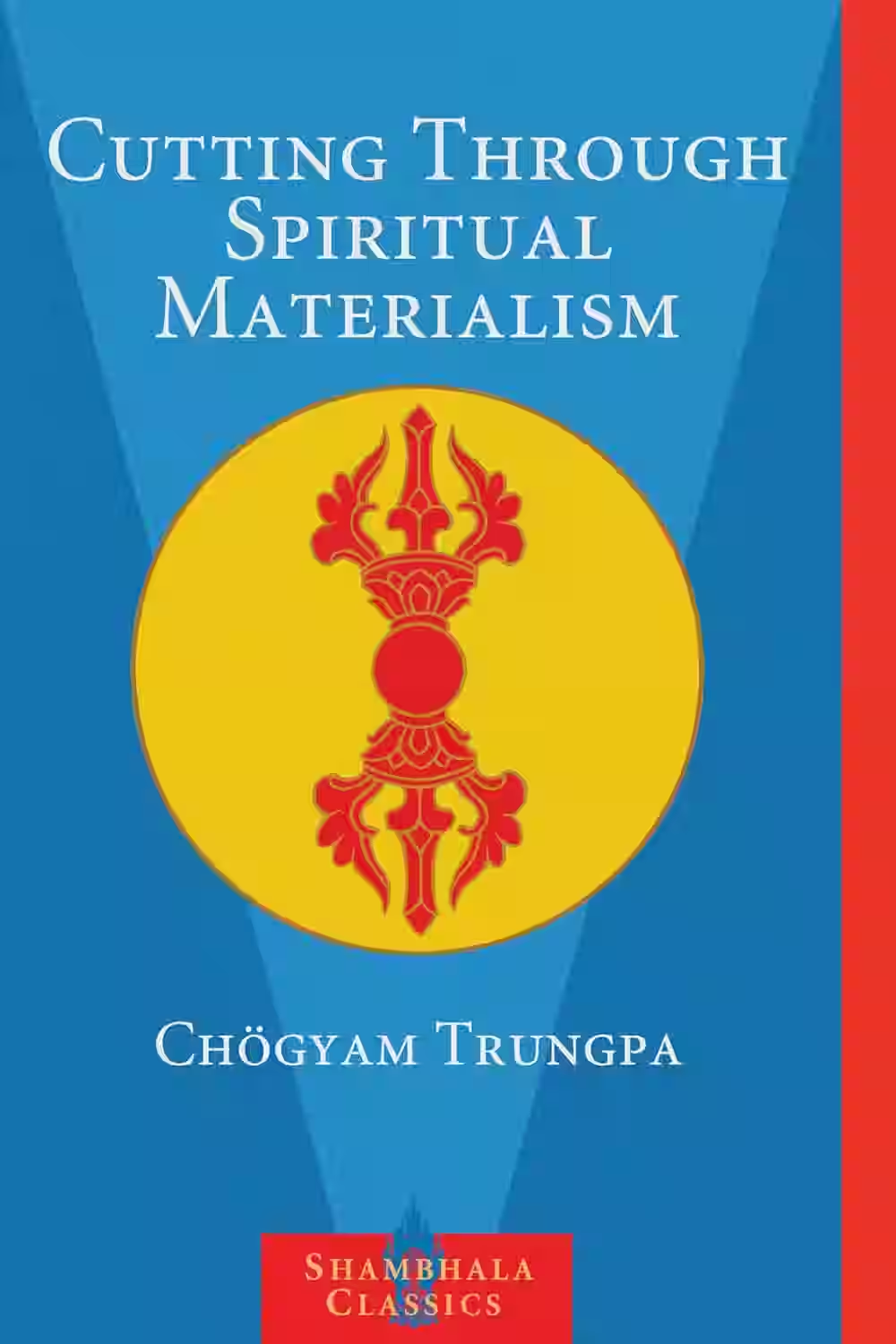
This powerful guide warns against the ego’s ability to co-opt spiritual practice for self-aggrandizement. Tibetan Buddhist master Chögyam Trungpa explains how spiritual ambition, attachment to progress, and identity-seeking can become obstacles to true awakening. Through practical advice and sharp insight, he exposes the subtle traps of self-deception, urging practitioners toward genuine humility and awareness. Blending Eastern wisdom with Western accessibility, the book encourages letting go of expectations and facing reality directly. It remains a foundational text for those serious about spiritual development and inner transformation, highlighting that the true path is one of openness and surrender.
About Chögyam Trungpa
Chögyam Trungpa was a Tibetan Buddhist meditation master and teacher who brought Vajrayana Buddhism to the West in the 1970s. Known for his unorthodox and provocative style, he founded Naropa University and the Shambhala Buddhist tradition. His teachings, as in Cutting Through Spiritual Materialism, emphasize direct experience, ego awareness, and the dangers of using spirituality to reinforce personal identity. Trungpa’s influence extended across generations of Western Buddhists and spiritual seekers. Though controversial for his unconventional behavior, his profound insights into human consciousness and spiritual growth have left a lasting impact on Western contemplative traditions.
Similar Books
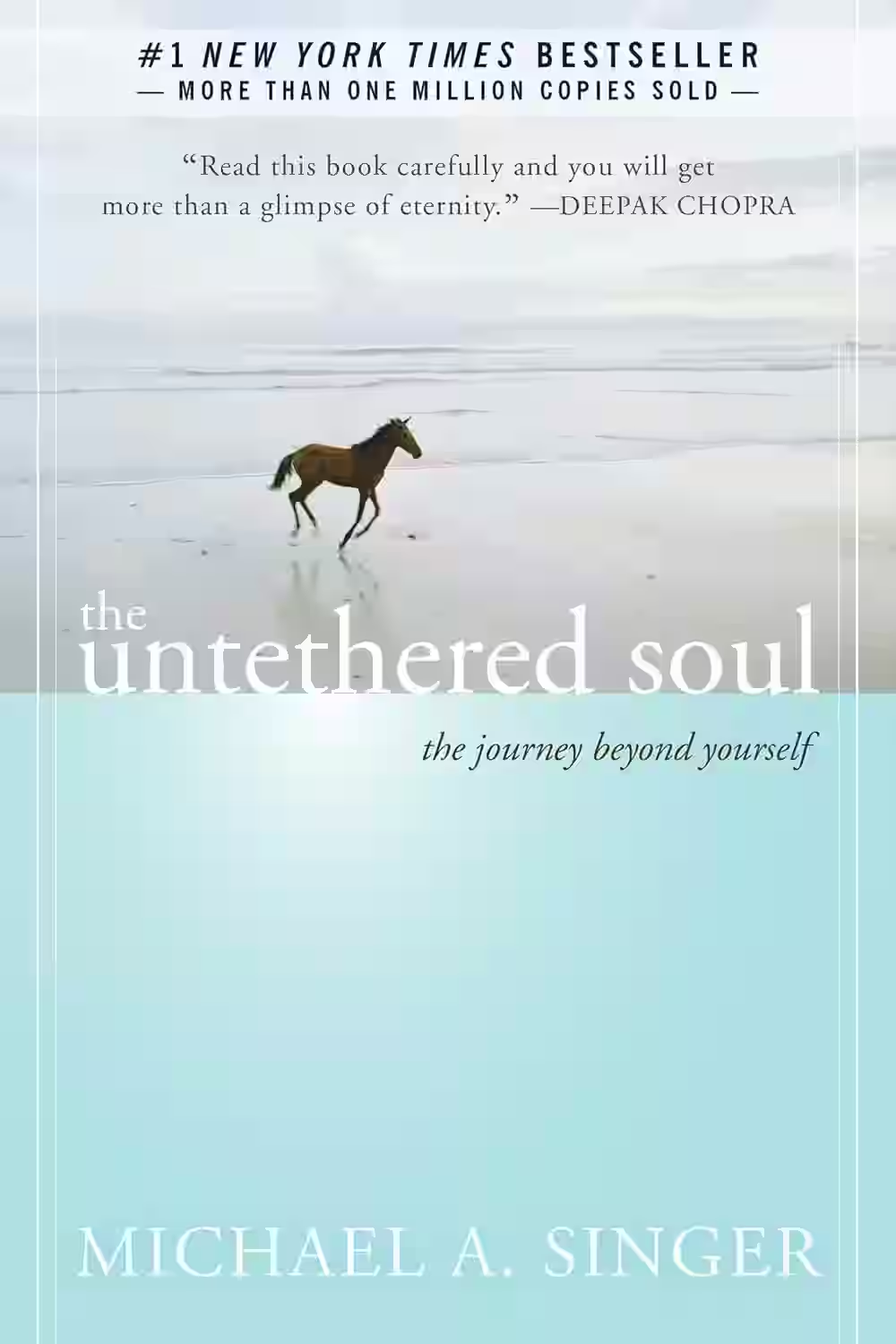
The Untethered Soul
The Untethered Soul is a spiritual and psychological exploration of consciousness, identity, and inner freedom. Michael A. Singer invites readers to observe their thoughts and emotions without attachment, helping them transcend internal limitations and live in the present moment. Drawing from mindfulness and Eastern philosophy, the book emphasizes awareness as the key to personal liberation. Through practical guidance and reflective questions, Singer teaches how to release fear, embrace stillness, and cultivate peace regardless of external circumstances. The Untethered Soul offers a deeply calming and transformative approach for anyone seeking to quiet their mind and reconnect with their deeper self.
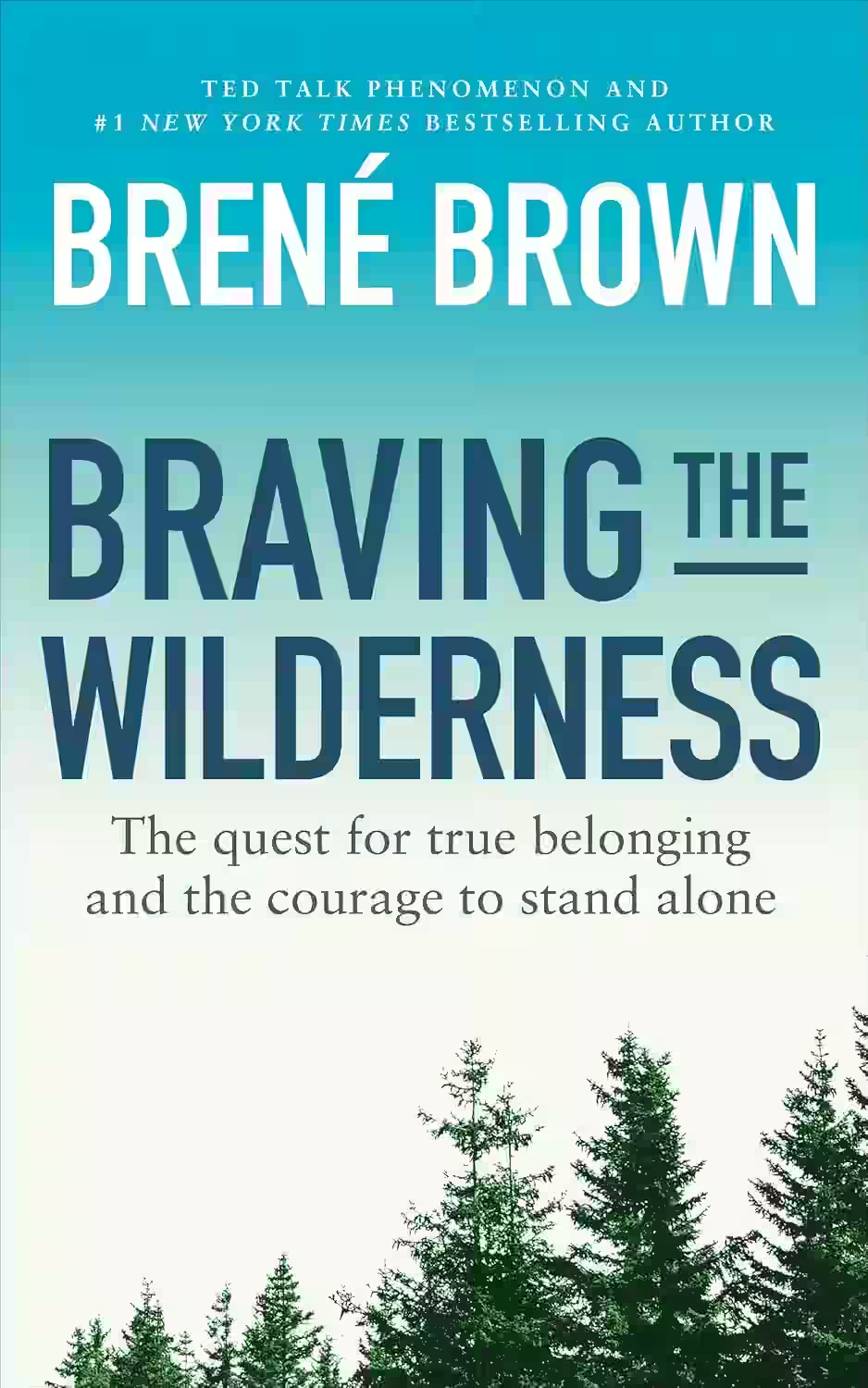
Braving the Wilderness: The Quest for True Belonging and the Courage to Stand Alone
by Brene Brown
In 'Braving the Wilderness,' Brene Brown delves into the essence of true belonging and the courage required to stand alone in a world often marked by divisiveness and disconnection. Through personal anecdotes, research, and heartfelt insights, Brown explores how to cultivate a sense of belonging within ourselves, even when it means going against the grain. She challenges readers to embrace vulnerability, authenticity, and empathy as pathways to genuine connection with others. This profound book urges us to find our inner wilderness, where we can be true to ourselves and still belong. A powerful and inspiring read that resonates deeply with those seeking a more meaningful and connected life.
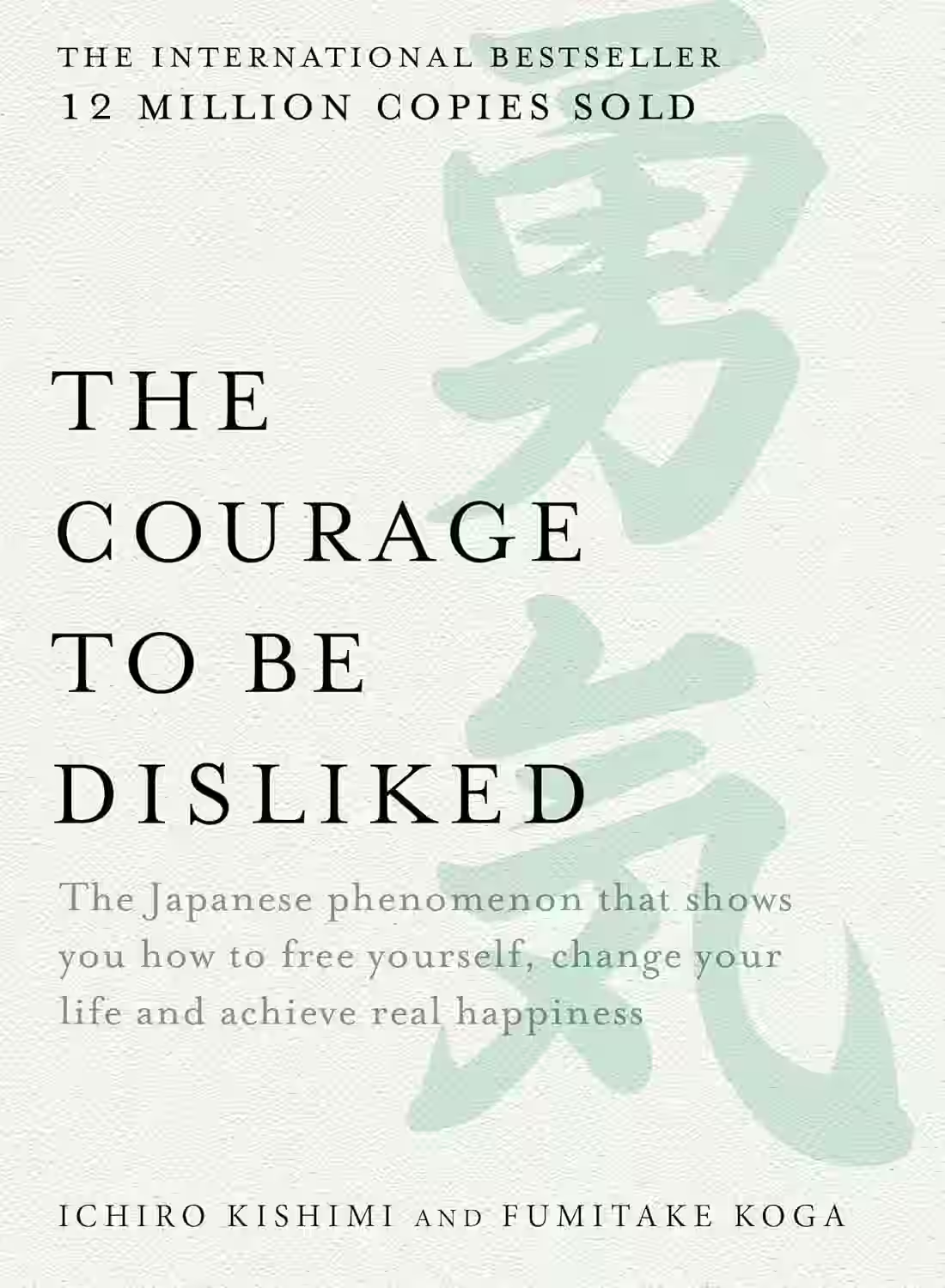
The Courage To Be Disliked
by Ichiro Kishimi, Fumitake Koga
This bestselling Japanese philosophy book presents a dialogue between a philosopher and a young man, exploring ideas based on Alfred Adler's psychology. It argues that happiness lies in the courage to be true to oneself and to reject the need for approval from others. Through a Socratic conversation, it challenges readers to let go of past trauma, take personal responsibility, and live with freedom. The book encourages breaking free from societal expectations and embracing a more purposeful, self-directed life.
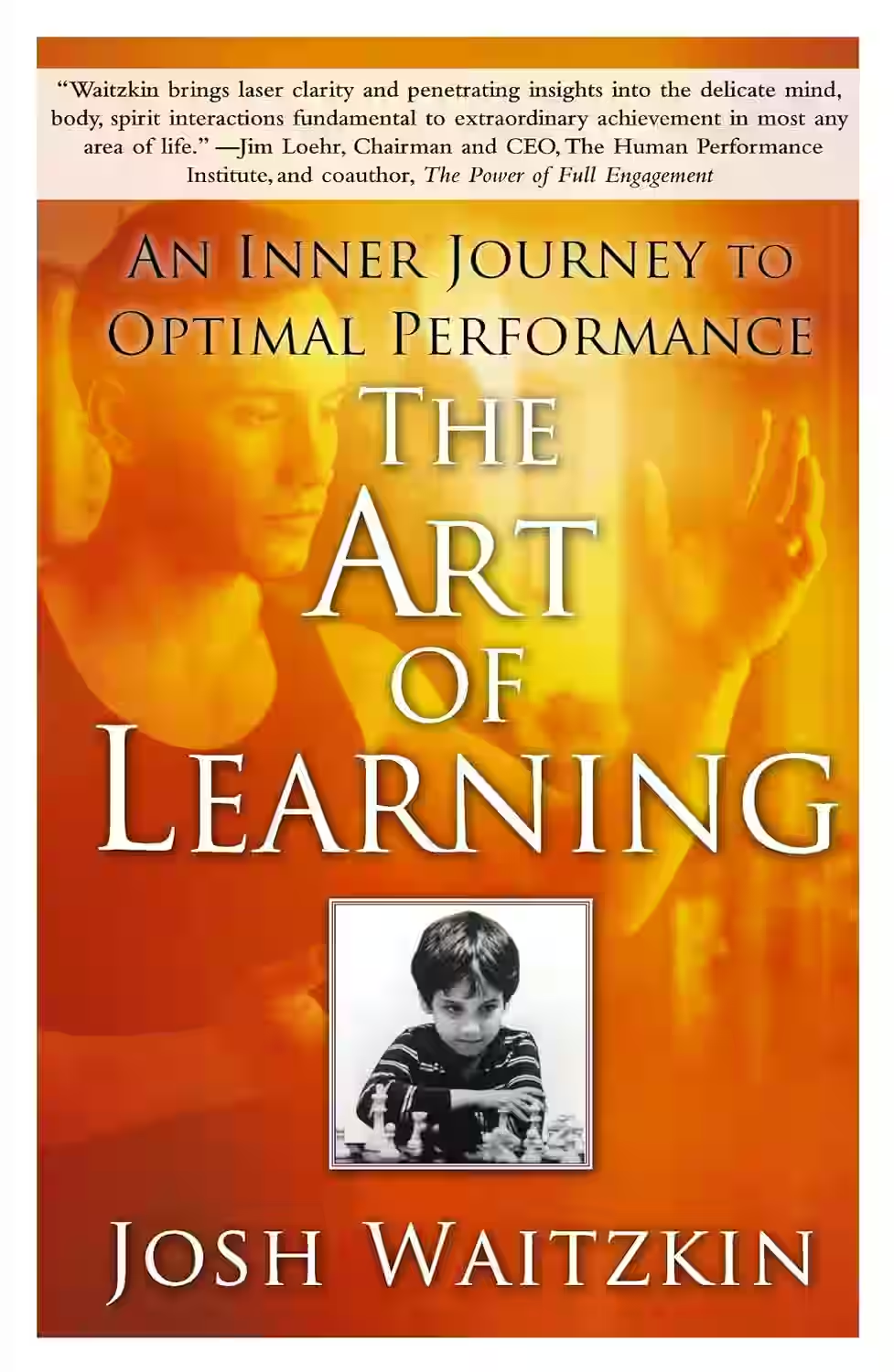
The Art of Learning
In The Art of Learning, chess prodigy and martial arts champion Josh Waitzkin shares his journey of mastering two disciplines to reveal universal principles of performance and personal growth. Blending autobiography with actionable insights, he discusses focus, resilience, and the psychology of peak performance. Waitzkin emphasizes the importance of incremental progress, embracing adversity, and turning setbacks into growth. His philosophy integrates Eastern and Western approaches to learning and competition. Whether applied to sports, business, or creative pursuits, The Art of Learning is a compelling guide to developing mastery through mindfulness, self-awareness, and continuous refinement of one’s process.